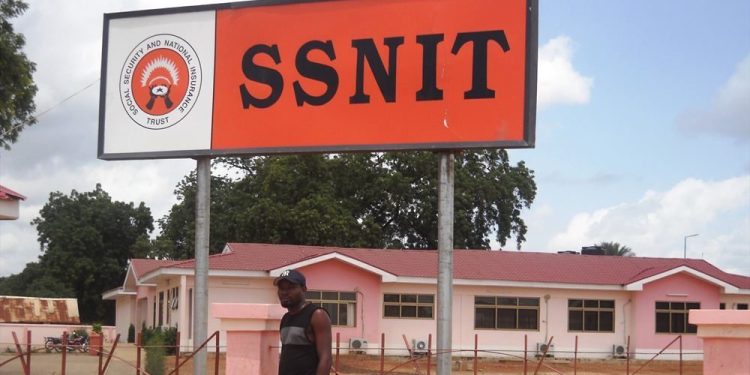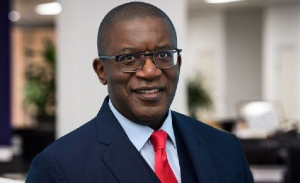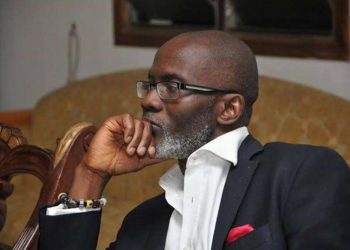
The Social Security and National Insurance Trust (SSNIT) has been called upon to intensify public education on the Tier Three pension scheme.
This would help educate more informal sector workers about the existence of the pension scheme for the categories of persons in society.
Participants made the call at a day’s stakeholder meeting organised by SSNIT at Sunyani, yesterday to discuss ways of extending coverage of the social security scheme to the self-employed.
The participants included market women, artisans, electronics and musicians.
A 60-year-old tomato seller, Linda Asare, lauded SSNIT for the initiative, and gave the assurance that she would share information about the scheme with her colleague traders.
Mr Benjamin Osei, self-employed, also called for a review of the age limit for people in the informal sector regarding the scheme, saying the 15 to 45 years age limit had prevented a lot of people from joining the scheme.
According to him, the age limit should either be opened or adjusted to 50 years for those in the informal sector to enable more people to join the scheme.
The Chief Actuary of SSNIT, Mr Joseph Poku, said the Bono and Ahafo regions have only 800 people currently contributing to the scheme, promising that SSNIT would ensure the figure increased from the current number to at least 200,000.
He disclosed that as of December 2021, the active membership of the SSNIT pension scheme was a little over 1.7 million out of an estimated workforce of 11.5 million.
About 99 per cent of these members, Mr Poku said, were employees of both public and private institutions, though majority of workers in the country were self-employed and or in the informal sector.
He said the scheme provided benefits such as old age pension, invalidity pension and survivors benefit in the event of death.
The Chief Actuary said the Tier 1 contributions could be done either daily, weekly, monthly or yearly.
The General Manager in charge of operations at SSNIT, Mr Kingsley Agyei Manu, asked the participants to consider social security as an insurance to fall on in times of need.
He said more Ghanaians have become health conscious, prolonging their life expectancy and saw the need to prepare for eventualities.










Discussion about this post